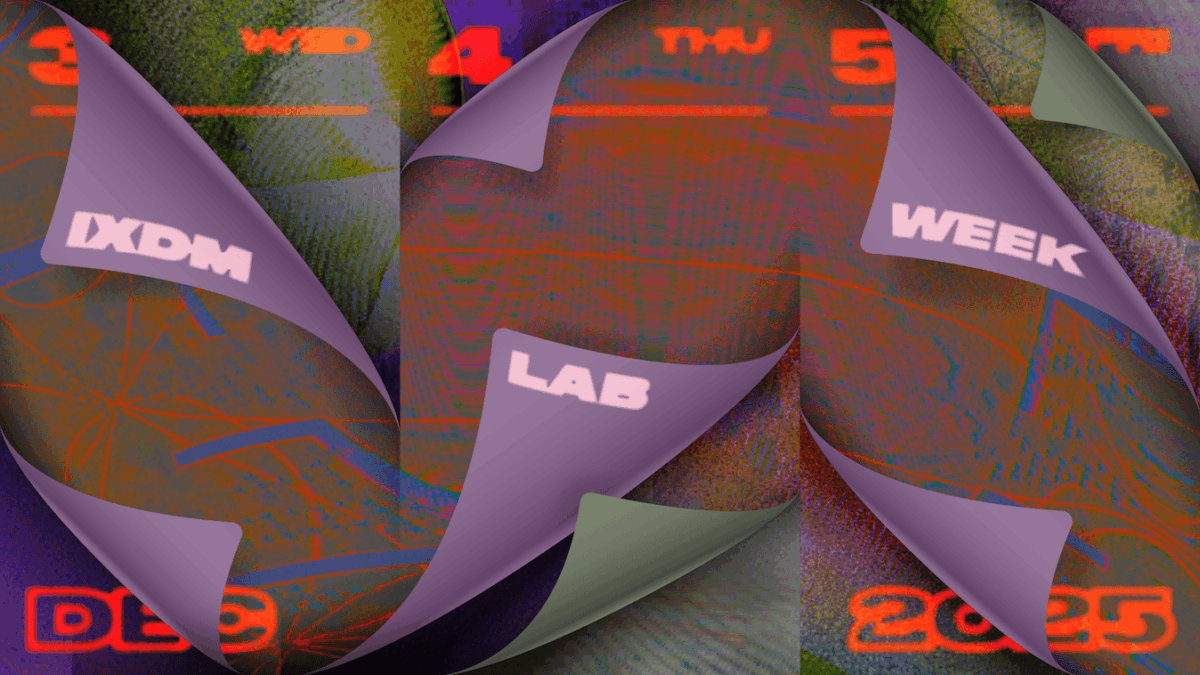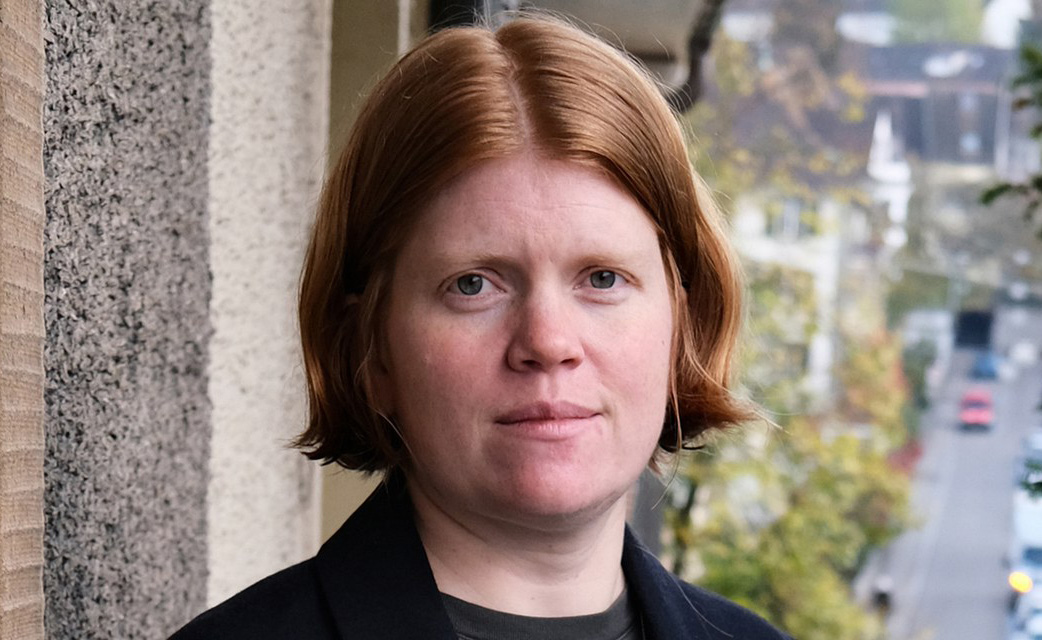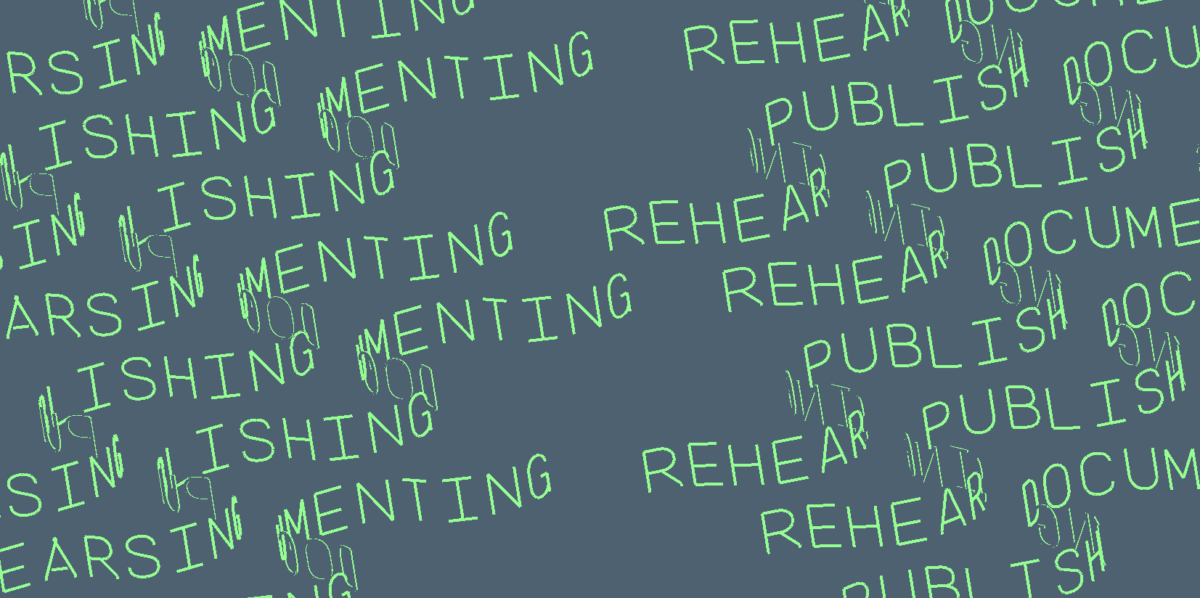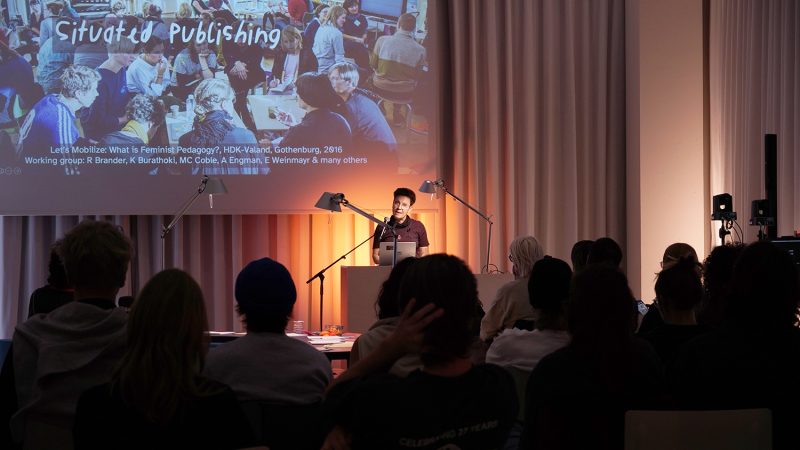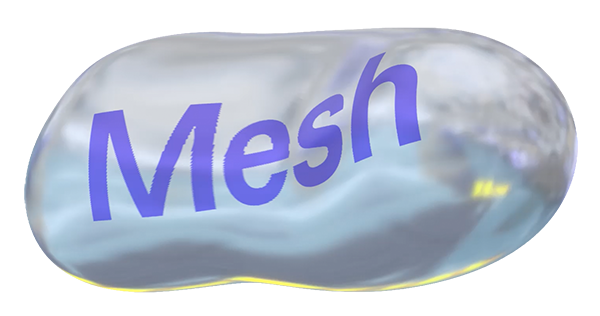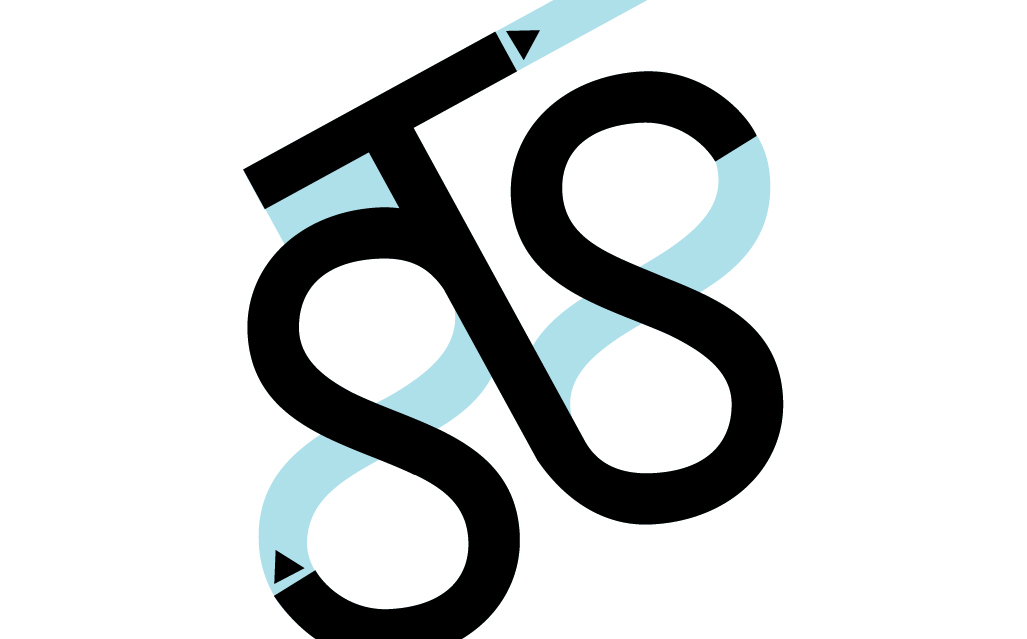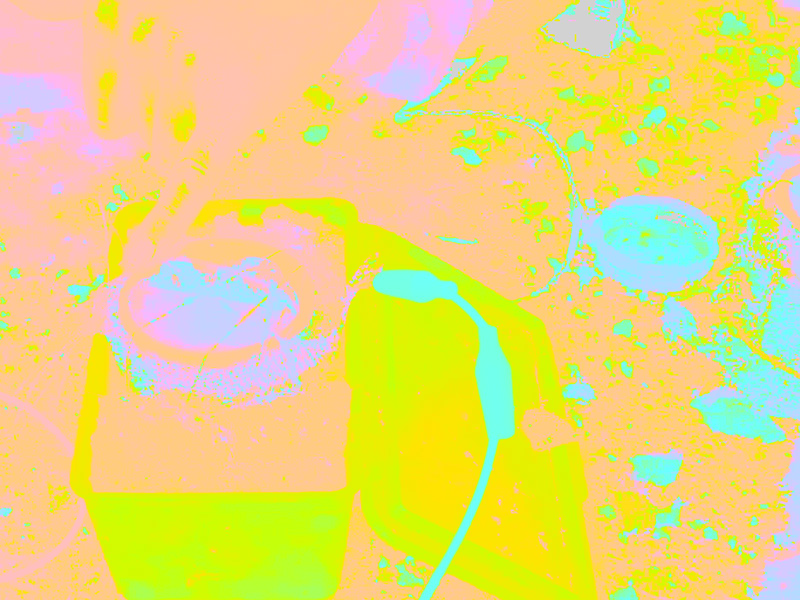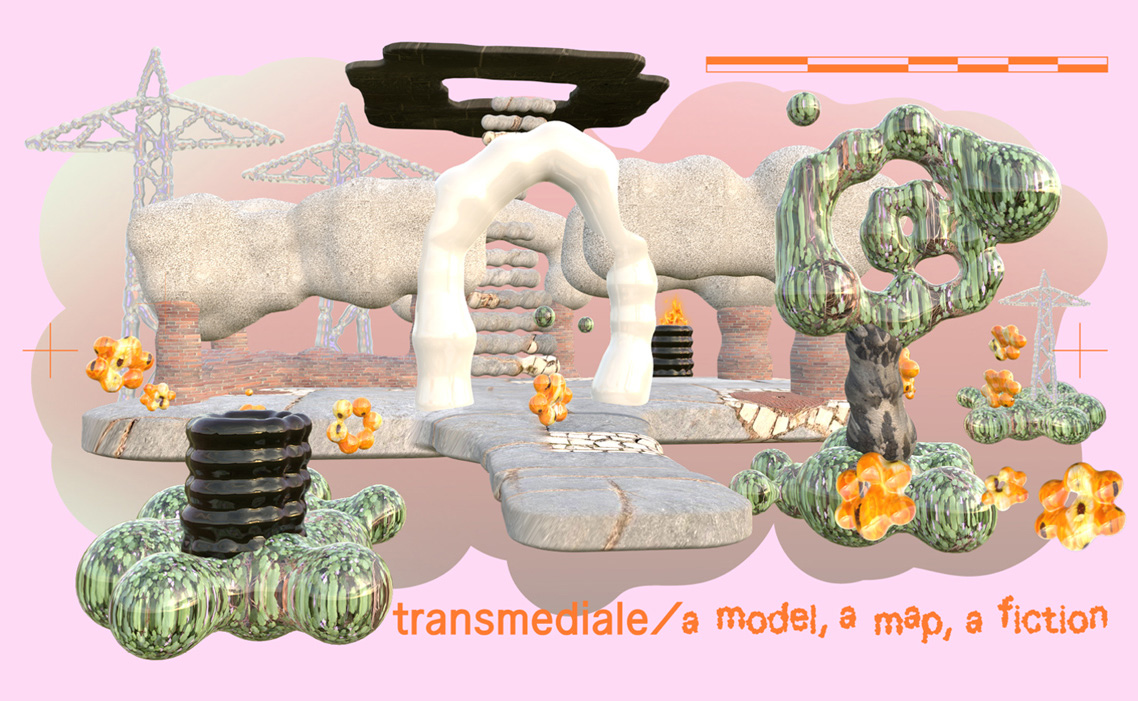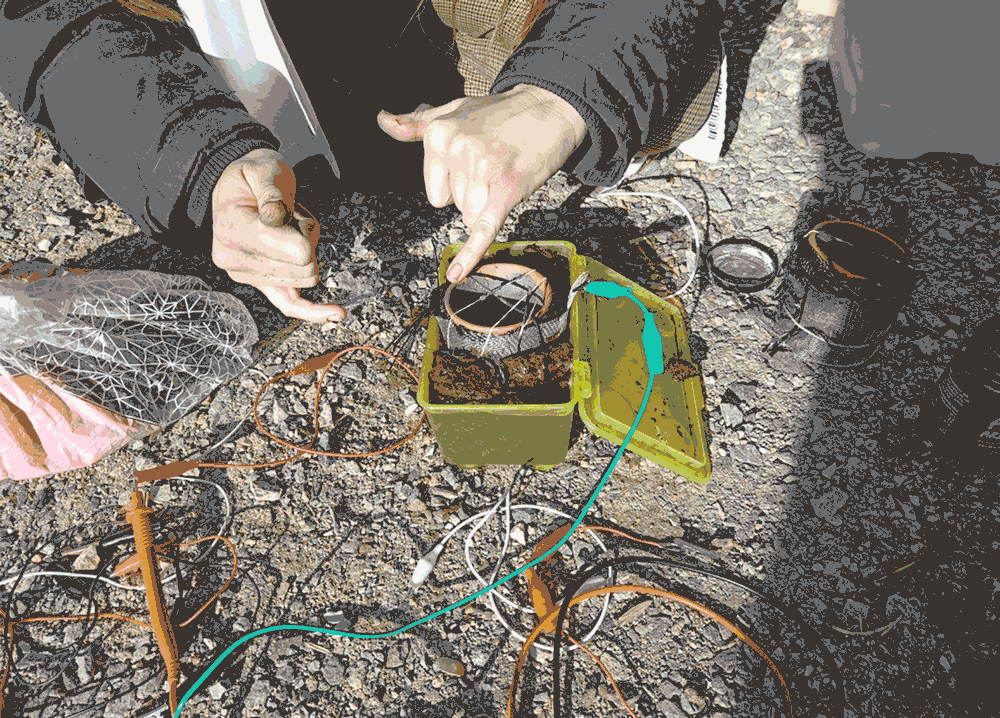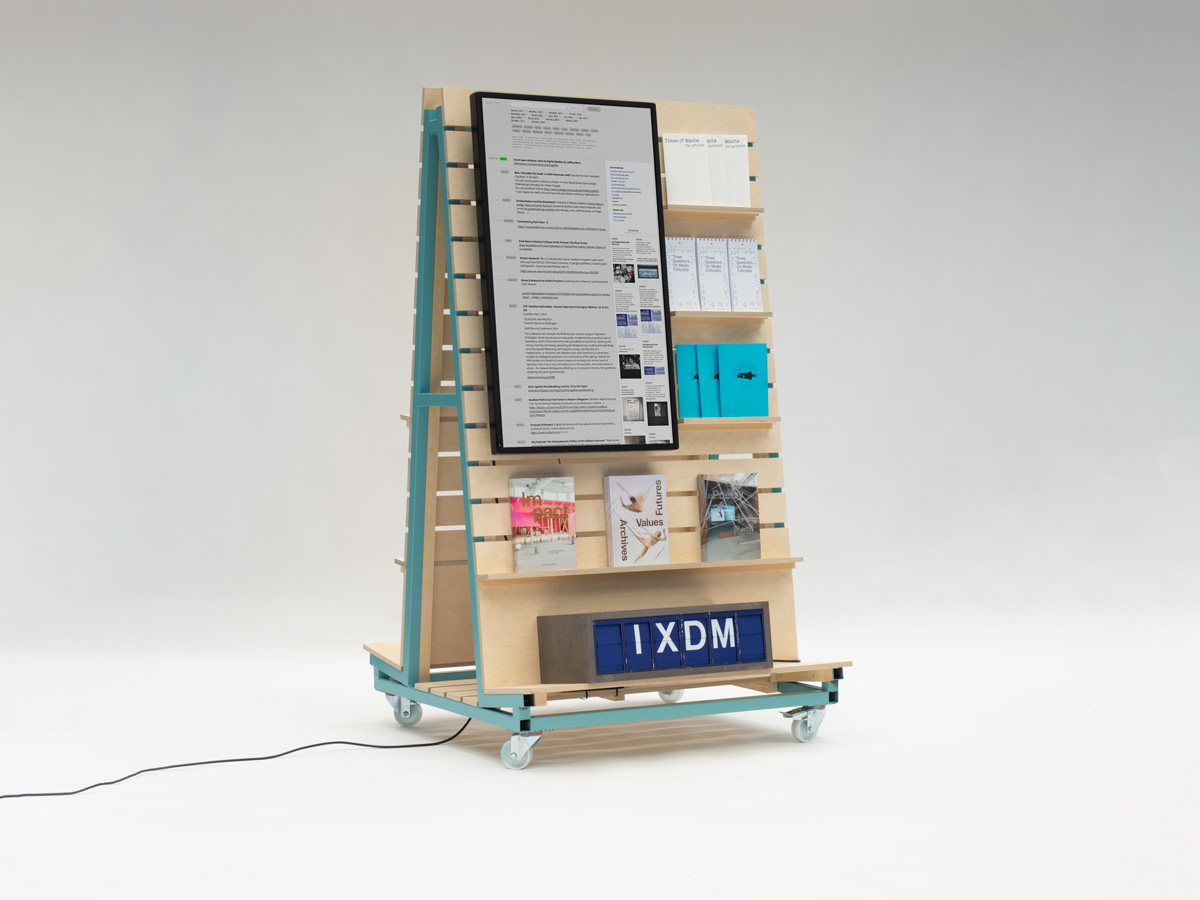Critical Media
- indispensable, crucial, decisive, having an agenda
- of, relating to, or being a threshold, a turning point, an important juncture
- life-affirming: what’s needed, what’s at stake.
Digital infrastructures have become critical (indispensable) media—think of the significance of social media for documenting (e.g., of genocidal violence) and collective organization. Yet, many corporate digital infrastructures have also reached a critical state (a turning point) where they break collectivity —e.g., when (social) media turn generators of alternative truths and realities—or re-mediate collective practice—e.g., by introducing new hierarchies of solidarity (Hilal & Varatharajah 2024).
Understanding how something or someone turns a critical medium (having an agenda) is critical (crucial) for acting on social, political, economic, and environmental issues because these media structure how we know about, relate to, and intervene in these issues. The Paris Agreement (2025), drawn up to mitigate climate change, strengthen climate resilience, and enhance abilities to adapt to climate impacts is critical (decisive) because it determines what counts as climate change mitigation, under what circumstances it is funded, and when it is prescribed (› The Rewrite). A climate model is critical (decisive) for it determines how we perceive the current state of the planet and its future trajectories: how bad is it, really? (› Climate Cosmograms)
Sometimes, media are critical (being a threshold) because they determine when and how something is perceived, or how it appears. For instance, a face-recognition algorithm that does or does not recognize a face as human, or one that misgenders a person and restricts the expression of queerness online (› Queernes as Gap). Or an approach to archives that renders visible its role in interpreting historical processes and introduces a feminist ethic of care, to preserve loose, ambiguous and conflictual processes and articulate social relations built on trust and reciprocity (› Sharing Knowledge in the Arts).
We focus on media practices (› Threads) as an inroad to engaging infrastructures that are critical for a group of people, a process, reaching a goal. Our practices depart from trans*feminisms, queer theory, computation, intersectionality, anti-coloniality, disability studies, historical materialism and artistic practice to generate currently inexistent vocabularies, imaginaries and methodologies. We aspire to learn from anti-institutional ways of organizing and do critical work to strengthen the struggle against extraction, oppression, and exploitation, pursuing an agenda of justice and material equality.
“Critical” in this sense refers not to critique, but to articulating, imagining, altering, and configuring media and infrastructures for collectivity, solidarity, and abolition (life-affirming: what’s needed, what’s at stake).
